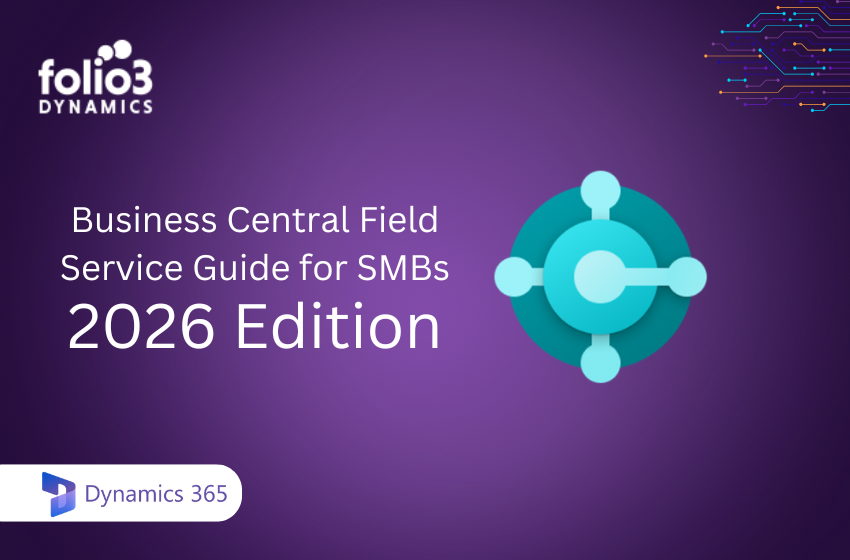Whether you are the owner of a newly established business I own a hugely successful business firm, you need to monitor your progress regularly. Businesses these days realize how important it is to track progress towards business goals because this not only helps them achieve business goals but also lets businesses recognize the areas where more improvement is required. Hence, you can never succeed if you don’t work according to your business goals which are possible only because of key performance indicators (KPIs).
KPIs play an essential role in financial goal-setting and growth. Business Development Key Performance Indicators have been used widely by businesses mainly to allow their businesses to grow. This way they know what processes and strategies need to be adjusted to increase revenue. This article will explain what business development KPIs are and why is it important to monitor the growth of a business using these metrics.
What are Key Performance Indicators (KPIs)?
Key Performance Indicators or KPIs in simple words are metrics that help you optimize your performance by closely monitoring the processes in your business. These metrics are the quantifiable measurements used by companies all around the world to supplement their efficiency and estimate their performances in day-to-day operations to make improvements when and where required. This not only increases the overall productivity and efficiency of the company but also lets workers know their weak points.
Why is it important to measure Key Performance Indicators (KPIs)?
Key Performance Indicators (KPIs) have been used by several businesses to optimize their performance. Many industries make very wide use of such KPIs to increase their productivity. KPIs are a great way to measure the success of a company and its employees. These metrics, if used properly and adequately, can turn your newly started business into a successful one. They help businesses specify if they are running according to their business objectives or not and if they are following the right track to achieve their goals.
If you belong to the business industry, you must be aware of the term key performance indicators. But if not, here’s a summary of what they are:
Key Performance Indicators (KPIs) are metrics of measuring tools that estimate how successful an organization is at accomplishing its goals. They help companies know if they are following the right path or not and if this path will lead them to success or not. Additionally, KPIs are also used as a tool for measuring employee performance and satisfaction so that they can make sure they are addressing any issues before they become more serious problems.
Business Development Key Performance Indicators (KPIs)
One of the most important things a business needs to do is to understand its performance. Without understanding your business progress and strategies, you will never be able to know if your company is progressing towards achieving your business goals or not. Business development KPIs help you analyze your overall performance. It allows you to ponder over your business strategies and make adjustments whenever necessary.
A business needs to know how they are doing, so it can make sure they are on track for success.
Examples of the most commonly used Business Development Key Performance Indicators (KPIs)
So far, we have acknowledged that it is very important to analyze the growth and performance of a business through Key performance indicators for business development. Let’s now talk about the most commonly used business development KPIs used widely by businesses to optimize their growth.
- Bookings
This business development KPI is used to determine the work that has been won or done by your company whether or not you have billed against it. You usually record a booking when your customers tell you that your company has been selected. This KPI usually indicates the work that is yet to come. This KPI is further broken down into
-
-
- Repeat clients vs. new clients
- Business units, departments, disciplines, or offices
- Geographic locations
- Market sectors or client types
-
- Proposals
This KPI helps companies determine if they have enough staff and budget to continue a project. You can track a proposal by either looking into the type of proposal that had been submitted for the business or based on the selected type.
- Gross profit margin:
The growth Profit margin is the total amount of money that remains with you or comes back to you after you are done paying for everything your business needs. In simple words, it is the amount that remains after subtracting all the other expenses. The higher the gross profit margin is, the more money you are left with for investing in new products or services according to your demands. This gross profit margin can also be used to pay down the debt.
- Marketing spends:
Marketing spend is the money that your company spends on marketing campaigns. Marketing campaigns include promoting your products or services through advertising or social media marketing and you need to spend on these two modes of marketing. This will increase your sales as more and more people get to know about your company and your products or services. The more money you spend on marketing campaigns, the more successful you will be in attracting your customers. This will increase the overall revenue of the company.
- Operating costs:
Operating costs include the money spent on things such as rent, and utilitiesThese include things like rent and utilities, labor costs, etc. If your operating costs are lower when compared to the operating costs of other companies, this means your financial growth is guaranteed and you are more likely to grow financially.
- Growth of business:
This business development key performance indicator measures the growth of your business or company. The growth of a business can be measured by comparing the current annual revenue to that of the previous year.
- Sales:
This KPI allows you to measure the number of products or services sold by any business at any given time, or in simple words, it is the number of units sold. It is also called Revenue.
- Net income:
This is an important measure for measuring a company’s profitability since it represents how much money was made for each unit sold by a business during its period of operation.
- Revenue growth
Revenue growth means that more money is coming in than going out—it’s an indication that your company is doing well financially and can handle every type of project successfully. The financial well-being of a company is very important for it to run successfully therefore, this KPI can indicate the financial well-being of a company.
- Customer retention rates
Customer retention rates are another very useful and commonly used business development KPI which can help determine how quickly customers are coming back to your business after they’ve left. A lower value of customer retention rate indicates that you need to make changes in order to keep them coming back or you need to work on strategies to retain your old customers because it is very difficult to get a new customer than to retain an old one.
Other Examples Of Business Development KPIs
There are several key performance indicators used for monitoring business development, a few of the most important ones have been mentioned above. Other examples of business development key performance indicators include:
- Customer Acquisition Cost
- Revenue per FTE
- Return on Assets
- Activities/ Contacts
- Employee Satisfaction
Key performance indicators for business development are crucial to the success of any company. They help determine whether a company is growing or shrinking, whether it’s succeeding or failing, and how fast it can increase sales.
How can Microsoft Dynamics 365 help with business development KPIs?
Microsoft Dynamics 365 is an in-house business management software, developed by Microsoft. It is built on the web services platform and it allows companies to manage their business processes more efficiently.
It has been designed to help companies to have a better understanding of their stakeholders, including employees, customers, suppliers, and partners. It also helps them visualize all the data and information that is generated by their business activities.
Microsoft Dynamics 365 provides several tools for managing finance, human resources, marketing, and sales operations. These tools enable businesses to manage their financial transactions with ease. They can also use these tools to manage their employee benefits and compensation plan as well as payroll processing.
Dynamics 365 also helps organizations to better understand their customer base by allowing them to track the customer’s preferences and buying behaviors through a variety of relevant channels such as email marketing campaigns or social media platforms like LinkedIn. It helps them identify trends in customer behavior so they can make changes accordingly if they want to improve their customer satisfaction levels.
Microsoft Dynamics 365 can help businesses develop KPIs and business strategies by offering a range of tools to track and measure processes, including:
- A 360-degree view of business performance that includes information on sales and marketing, customer service, HR, finance, etc. It’s also possible to monitor the performance of individual employees.
- An internal analysis tool that allows users to create reports based on any metric they choose. The system provides a detailed breakdown of each report and allows users to compare it against other metrics across time.
- The ability to connect with external partners for data sharing and collaboration. This feature helps with business development in that it allows users to share their data with others who have similar goals as them as well as access information from different industries/businesses without having to leave Microsoft Dynamics 365 itself (e.g., if you’re an accountant or lawyer).
FAQs
What Are Key Performance Indicators (KPIs)?
Key performance indicators (KPIs) are estimates used to assess the performance of a business. KPIs can be quantitative or qualitative and are targets that can help you estimate your overall progress against the most strategic objectives you follow in your respective department.
Why are key performance indicators so important?
KPIs are important because they help you understand where you as an organization stand. It helps you set goals and gives you a deep insight into if you are making progress or not, if you are achieving your goals or not, and if you’re headed in the direction you want.
What KPI selection mistakes should you watch out for?
There are 2 common mistakes organizations usually make while selecting a KPI:
- Select KPIs you’ve always measured.
- Select KPIs that are the easiest ones to measure.



